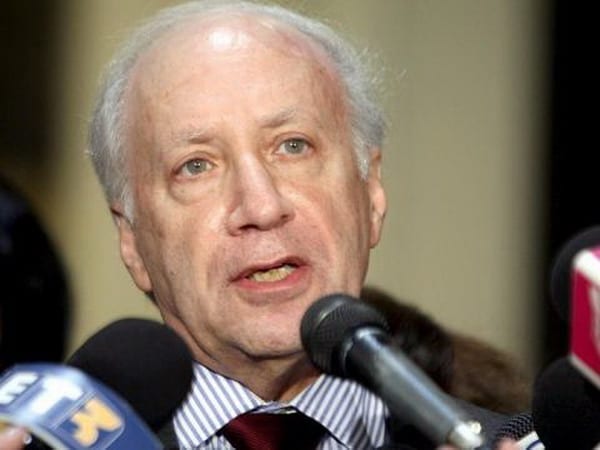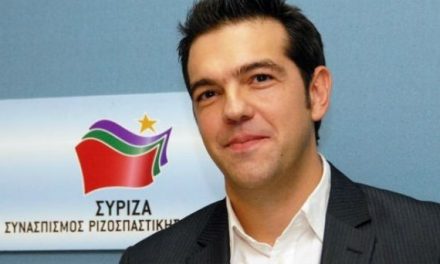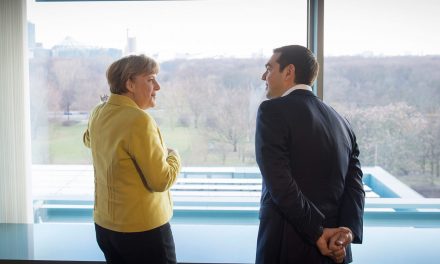By Sinisa Jakov Marusic, Balkan Insight
The UN mediator in Macedonia’s ‘name’ dispute flies next week to Athens and Skopje to take the pulse of both governments over his latest ideas for a solution to the long-standing issue.
Amid growing optimism about a possible breakthrough in the dispute over Macedonia’s name, which has hampered its plans to join NATO and start accession talks with the EU, the UN mediator, Matthew Nimetz, is due to arrive in the region next week for talks with Greek and Macedonian leaders.
The Macedonian government on Friday confirmed Nimetz’s arrival in Skopje sometime in the next week and said the exact agenda of his visit is still being determined.
Media reports suggested Nimetz would first visit Athens, presumably during Monday and Tuesday, before heading to Skopje on Wednesday and Thursday.
During his stay, he is expected to meet the prime ministers of both countries, Greece’s Alexis Tsipras and Macedonia’s Zoran Zaev, as well as the foreign ministers, who are expected to directly engage in the name talks that both sides said were progressing well.
At the last round of bilateral name talks in New York in January 18, Nimetz handed both sides a new set of ideas for overcoming the dispute.
However, he did not reveal the contents, saying only that his proposals for a settlement were not completely new, but were being proposed in a new context, meaning different political circumstances and amid increased optimism on both sides.
Media in both countries have reported that the package contains five alternatives for a new name for Macedonia for international use.
The adjectives New, Upper, Northern or Vardarska – stemming from Macedonia’s biggest river, the Vardar – in front of the word Macedonia have been mentioned, plus the possible name “Republic of Macedonia” with the name of the capital, Skopje, added in brackets.
On Wednesday, the Macedonian and Greek Prime Ministers met in a positive atmosphere at the outskirts of the World Economic Forum in Davos. They said they would intensify the UN-sponsored talks and raise their level by appointing their foreign ministers to directly engage in them, instead of the name negotiators.
“The process is undoubtedly moving in a positive direction”, Macedonian journalist and political analyst Saso Ordanoski wrote in a column on Friday.
However, he added, “We are still in a phase where only the frame of the solution is being agreed, while the negotiations regarding its substance, at least for the public, remain unknown. Until we hear the main elements regarding the content of this ‘package’, it is hard to forecast whether the entire endeavor will be successful”.
The dispute centres on Greece’s insistence that use of the word Macedonia implies a territorial claim to the northern Greek province of the same name.
Athens insists that a new name must be found that makes a clear distinction between the Greek province and the country.
As a result of the unresolved dispute, in 2008, Greece blocked Macedonia’s NATO entry. It has also blocked the start of Macedonia’s EU accession talks, despite several positive annual reports from the European Commission on the country’s progress.
Ahead of Nimetz’s visit, Macedonia’s political leaders are set to meet on Saturday in Skopje in an effort to forge a common stance on the latest set of ideas.



















